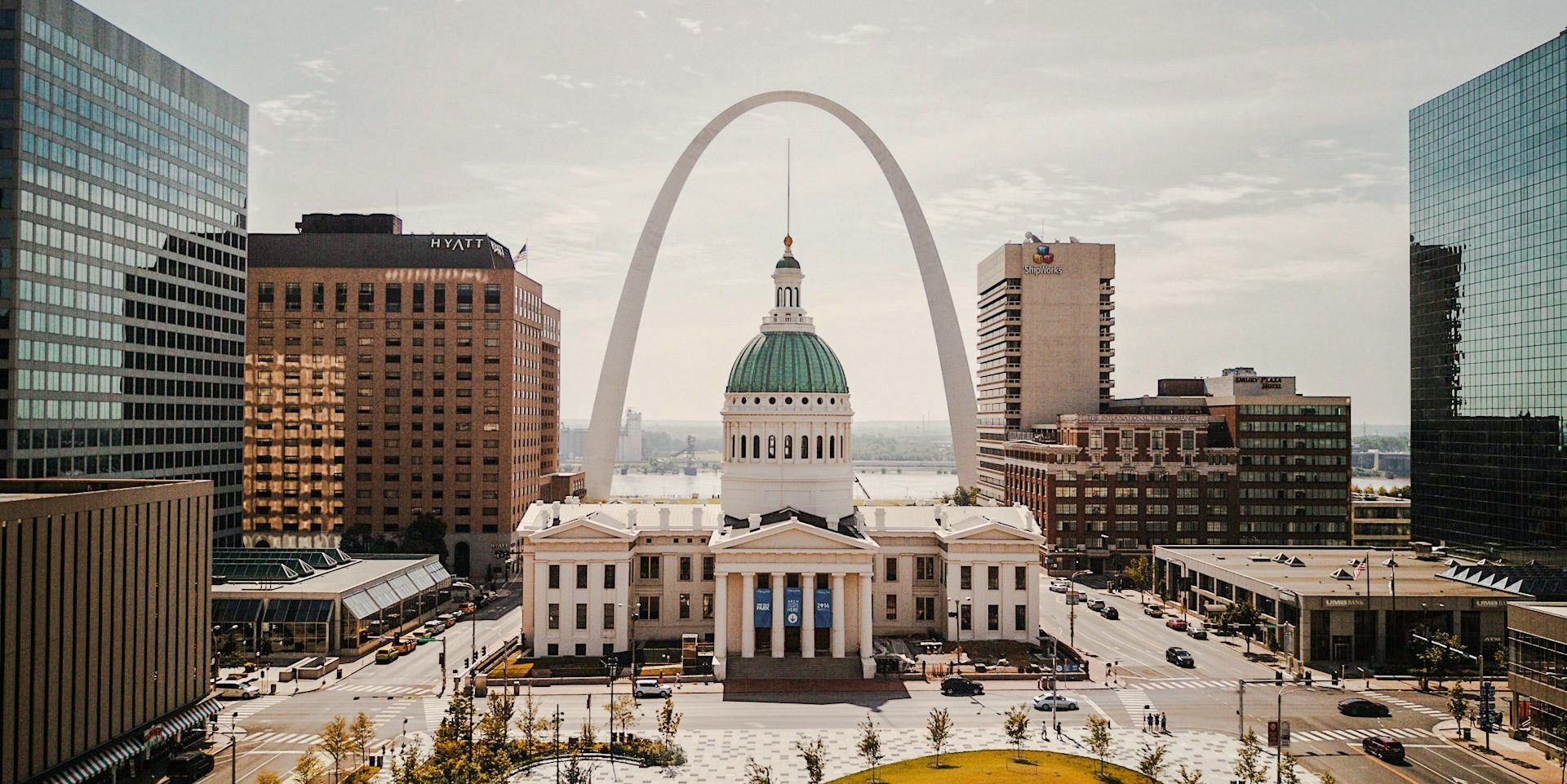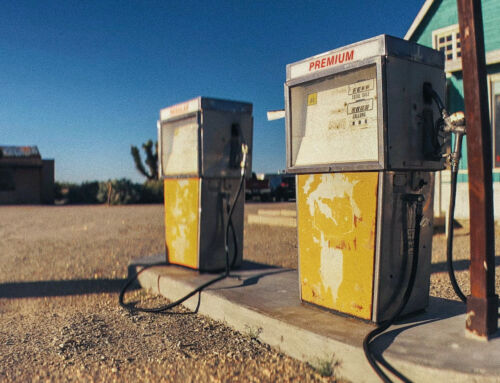View by Topic
Recent Articles
-
Congress Blocks California’s Gasoline Car BanSaturday, May 31st, 2025
-
EPA Will Keep Current Limits for “Forever Chemicals” in Drinking WaterSaturday, May 24th, 2025
-
Court Indefinitely Pauses SEC Climate Rule LitigationSaturday, May 17th, 2025
-
Maryland is About to Regulate Mold But is the Cart Before the HorseSaturday, May 10th, 2025
View by Month/Year
“Green Building Law Update” Headlines
Recent Articles & News from
Stuart Kaplow’s blog
at GreenBuildingLawUpdate.com
- EPA Will Keep Current Limits for “Forever Chemicals” in Drinking Water May 25, 2025
- Court Indefinitely Pauses SEC Climate Rule Litigation May 18, 2025
- Maryland is About to Regulate Mold: But is the Cart Before the Horse? May 11, 2025
- BEPS Redux: The Most Far Reaching Environmental Legislation of the 2025 Maryland General Assembly May 4, 2025
Subscribe to the Green Building Law Update!
Stuart Kaplow brings his expertise and extensive experience to the table with his unique digital publication, "Green Building Law Update". Subscribers receive regular updates to keep them informed about important issues surrounding Environmental Law, Green Building & Real Estate Law, as well as the emerging demand for Environmental Social Governance (ESG).
Get fresh content through the lense of Stuart Kaplow's cutting-edge expertise, innovative commentary and insider perspective. Don't miss another issue! Subscribe below.

SEC Climate Disclosure Rule Stay and Venue Now in the 8th Circuit
After this article was posted, on April 4, 2024, the SEC, noting that it has discretion to stay its rules pending judicial review if it finds that “justice so requires,” determined to exercise its discretion to stay the Final Rule pending the completion of judicial review of the consolidated Eighth Circuit petition. In its Order Issuing Stay, the Commission did expressly state, that it “will continue vigorously defending the Final Rule.”
Much has transpired since Wednesday, March 6, 2024, when the Securities and Exchange Commission, by a 3 to 2 vote, adopted its long awaited rules to enhance and standardize climate related disclosures, including for the first time requiring greenhouse gas emission disclosures by public companies and in public offerings.
We blogged about the substantive provisions of The Enhancement and Standardization of Climate-Related Disclosures for Investors Final Rule, but before it was even published in The Federal Register, the first legal challenge was filed by ten states in federal court.
On Friday, March 15, 2024, the 5th Circuit Court of Appeals issued an Order granting an Emergency Motion for Administrative Stay and Stay Pending Judicial Review filed by Liberty Energy, Inc. and Nomad Proppant Services, LLC, in another of the cases challenging the SEC Final Rule, which unpublished two page Order did not explain the reasoning for granting the stay pending the outcome of that judicial review. But, keep reading ..
Additional federal judicial reviews were filed by the State of Louisiana, et al, the Texas Alliance of Energy Producers, et al, and the Chamber of Commerce of the United States, et al, each in the Fifth Circuit; the Ohio Bureau of Workers’ Compensation, et al in the Sixth Circuit; the State of Iowa, et al in the Eighth Circuit; and, the State of West Virginia in the Eleventh Circuit. Environmental groups also filed two challenges to the Rule, the Natural Resources Defense Council in the Second Circuit and the Sierra Club, et al, in the DC Circuit.
The SEC filed a notice of multi circuit petitions with the Judicial Panel on Multidistrict Litigation and on Thursday, March 21, 2024, the nine lawsuits pending in six federal circuits were after a random lottery, by a Consolidation Order moved into a single case to be heard in the St. Loius based 8th Circuit Court of Appeals. The case is now known as In Re: Securities and Exchange Commission, The Enhancement and Standardization of Climate-Related Disclosures for Investors, Issued on March 6, 2024, J.P.M.L., MCP No. 180, consolidation order issued 3/21/24.
A fun fact, the Congressionally created selection process to provide a means for the random selection of one circuit court of appeals to hear consolidated petitions for review of agency decisions is truly random. It has since 1988 been accomplished by a court clerk, who selects a court of appeals by lottery (i.e., spinning a drum and selecting a number at random).
Media sources have reported that the 8th Circuit Court of Appeals has 17 judges of whom 10 are active and were appointed by a Republican president with only one judge appointed by a Democrat president, so it is not characterized as a liberal venue.
Dramatically, on Friday, March 22, 2024, the 5th Circuit Court of Appeals’ unpublished Order that transferred the litigation to the 8th Circuit dissolved its prior issued stay (.. over the objection Judge Edith Jones, of one of the three judges on the panel) having the effect of restoring the SEC Final Rule.
That the Fifth Circuit’s now dissolved stay has been previously granted should necessarily not be interpreted as an indication that the Final Rule ultimately will be struck down. However, commentators have suggested the several petitioners are likely to prevail on the merits for several reasons. First, the Final Rule fails the major questions doctrine. That is, there is no clear authority in federal statute for the SEC to regulate the controversial matters of climate change. Second, the Final Rule is arbitrary and capricious because it fails to account for the SEC’s drastic change in position on what is materiality (.. to an investor in a public company). And third, the Final Rule violates the First Amendment by mandating speculative disclosures of politically charged issues using controversial international frameworks (not based on U.S. law) and effectively forces each company into political debates about climate change. Moreover, the “Rule seeks to cripple traditional energy sector, with Petitioners and the general public paying the price.”
The environmental groups, including Sierra Club which filed a petition for review, principally were heard to complain that the Final Rule omitted a requirement for companies to disclose their Scope 3 greenhouse gas emissions.
To understand the crux of what is at issue in this judicial review one need to look no further than SEC Chair Gary Gensler’s own statement before the vote approving the Final Rule, which begins explaining, “Our agency .., was set up to be merit neutral. Thus, the SEC has no role as to climate risk itself ..” but, the Chair quotes President Franklin Roosevelt who called for “complete and truthful disclosure”, to justify, “It’s in this context that we have a role to play with regard to climate-related disclosures.” That dichotomy, which some suggest is between modern science in 2024 and law, The Securities Act of 1933 (.. the statute granting the authority for the Final Rule although certainly Congress did not contemplate climate change in 1933) is now what is before the 8th Circuit.
Compellingly 25 states have now filed petitions for judicial review attacking the Final Rule. The federal judicial branch will be the ‘decider’.
Despite this litigation, including wide speculation that the 8th Circuit will reinstate a stay of the Final Rule going into effect, public companies potentially subject to the Rule should still consider carefully the Rule’s application to their organizations and begin taking the steps necessary to comply. We continue to work with companies determining the best business specific strategies for calculating greenhouse gas emissions, which by way of example, often includes amending leases to share data necessary for that calculation.
As this “final” rule continues to change rapidly and repeatedly from one position and situation to another and back again, we will continue to monitor the litigation including the expected imminent application in the 8th Circuit for a stay. We will provide updates.
____________________
Join us for our upcoming Strafford live webinar, “Greenhouse Gas Emission Laws Now Impact Commercial Leases” on Thursday, May 2, at 1 pm ET. Click this link for more information: https://www.sp-04.com/r/products/tlkruhhana









